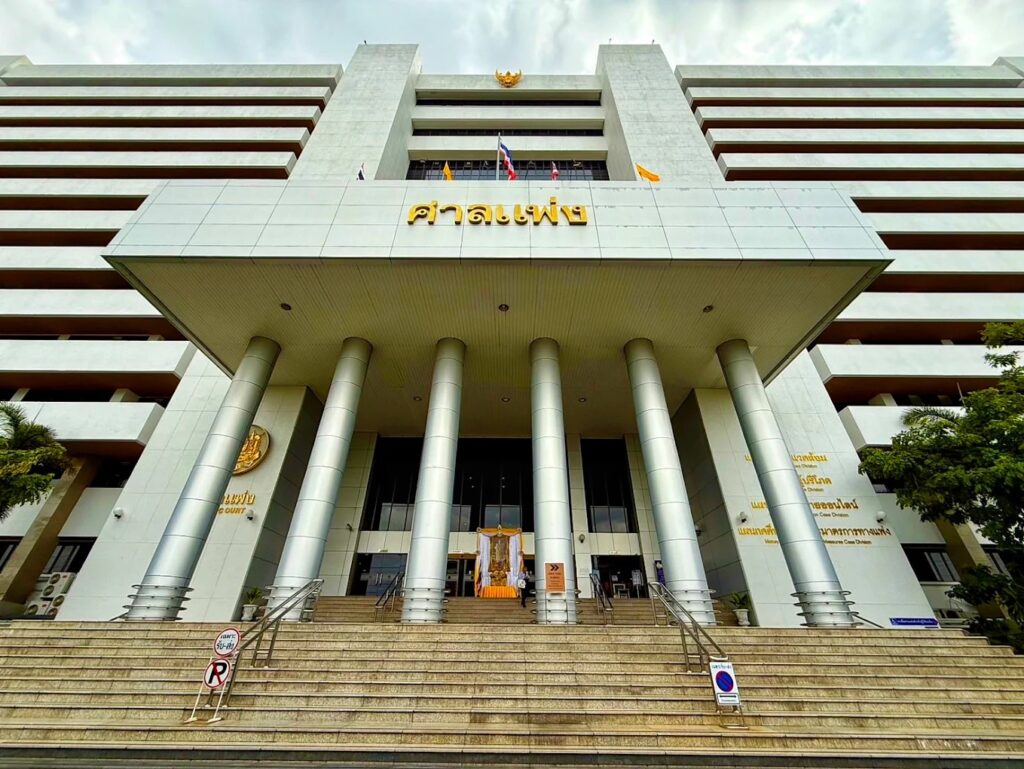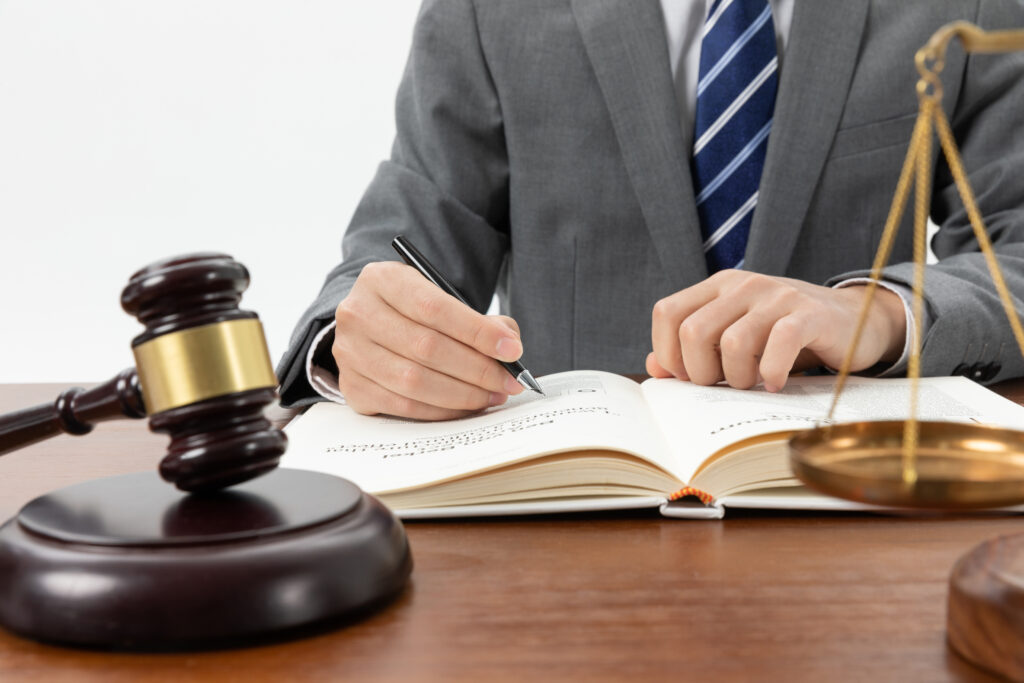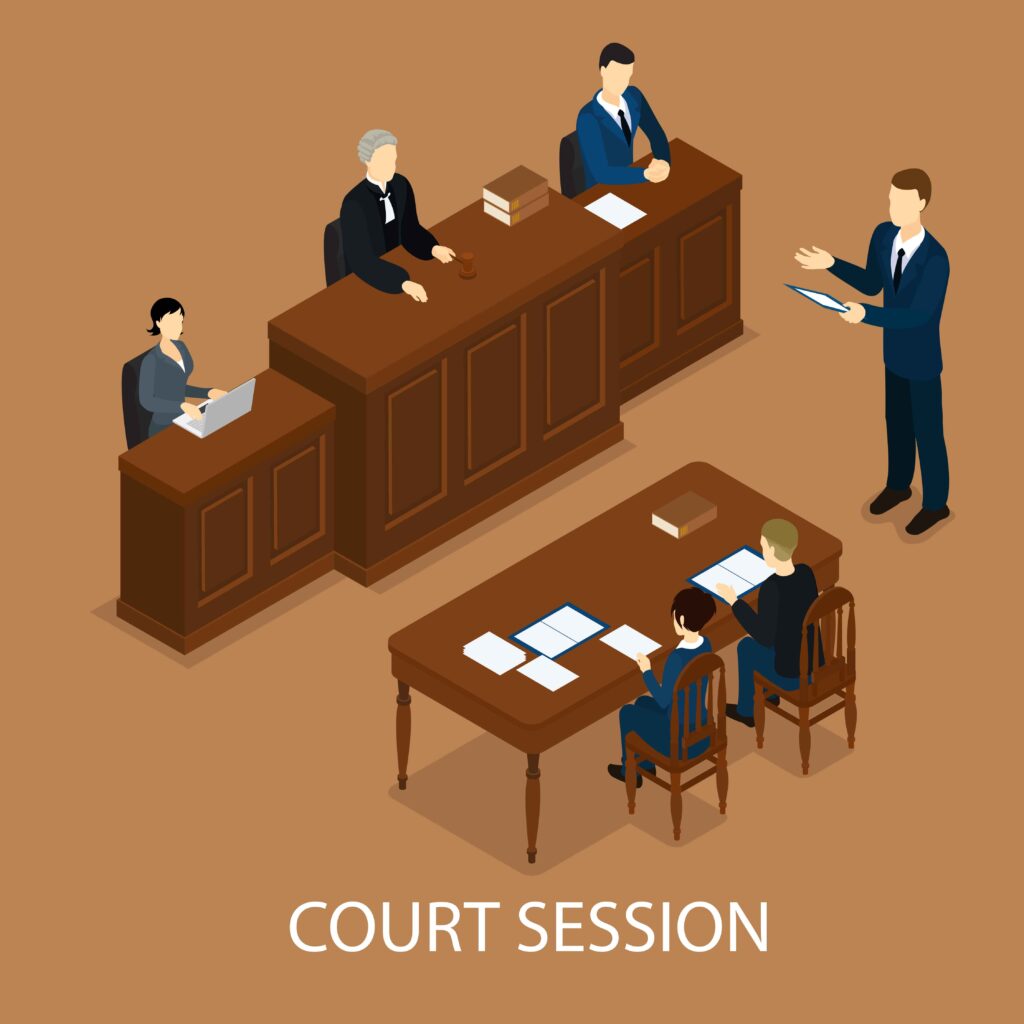Introduction
The Foundation of Thai Law
Thailand follows the Civil Law system, which is primarily based on written legislation rather than case law. The framework of Thai law has been shaped by a combination of influences:
- Traditional Thai customs that continue to play a role in family and property matters.
- European civil codes, especially German, French, and Swiss law, which inspired the drafting of Thailand’s Civil and Commercial Code in the early 20th century.
- Modern regulations and statutes passed by Parliament to address evolving economic, social, and international needs.
The Constitution of Thailand stands as the supreme law of the land. All statutes and regulations must comply with it. Beneath the Constitution, a hierarchy of laws governs everyday life, business transactions, and dispute resolution.
For foreigners, understanding this foundation is key to:
- Ensuring contracts are enforceable under Thai law.
- Protecting investments in real estate, business, or joint ventures.
- Preparing for potential disputes and knowing which courts or procedures apply.
Although Thailand is a civil law country, in practice litigation cannot avoid referencing past Supreme Court judgments. Lawyers and judges often compare similar rulings to strengthen arguments, identify winning strategies, and guide the court in interpreting the law in each case. Judicial precedents therefore play a persuasive though not binding role in shaping outcomes.
Thai law balances local traditions with international influences, creating a unique legal environment where professional guidance is essential.












